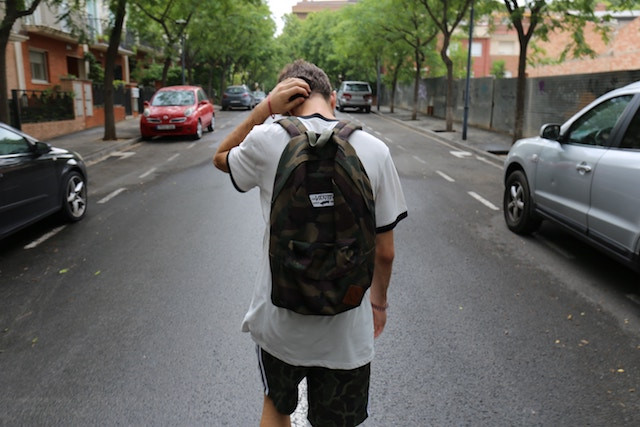Lis De Pina, a school drop-out herself, has been in the role created at the Luxembourg education ministry since the beginning of September.
“It’s not just the public system but the mediator is also charged with intervention of the private school sector so all populations in Luxembourg have the same right to contact their mediator,” education minister Claude Meisch said on Thursday.
The mediator serves as a last-resort to intervene in situations in which it is thought the school is not fulfilling its role and alternative solutions have been exhausted. More specifically, the scope of her role will cover cases concerning young people at risk of dropping out of school without qualifications, integration of learners with specific needs and learners with an immigration background, who may not have language competencies to follow mainstream education programmes.
The mediator can be called upon by parents of underage pupils, adult students and educational professionals. They can contact the mediator via post, phone or email and eventually via an online form to be made available on the mediator website.
The mediator will then gather together representatives of the school and the family to mediate and propose recommendations. The school director is then obliged to update the mediator on the evolution of the situation within a set timeframe.
Meetings are held at the education ministry at 29 rue Aldringen, in offices with an entrance dedicated to the mediator service opposite the Casino art forum.
According to the ministry, Luxembourg’s drop-out rate currently stands at 12.7%.
“Our European objective is fixed at 10%. I think we do quite well when we compare our rate with neighbours but we’ve not reached the goal of 10% yet,” Meisch said on Thursday.
De Pina is ideally positioned to deal with parents and young people struggling in the education system since she herself dropped out of school to care for family.
She completed her secondary education at night school while working and later went on to study law in Strasbourg, followed by political sciences via distance learning at the University of Grenoble, followed by mediation and children’s rights.
